
‘During my last lunch with Diana, she said she would go back to Charles in a heartbeat’
Tanned and with the Barbarella-esque looks of a supermodel, there was no mistaking Diana, Princess of Wales, as she met with Tina Brown, then the editor of The New Yorker and Anna Wintour, Vogue’s editor-in-chief.
As three of the most formidable women of their era chatted intimately about the newly divorced princess’s future prospects as a global power player, none of them could ever have foreseen that little over a month later, Diana would be dead.
Brown, 66, who went on to write The Diana Chronicles, the definitive biography of one of the 20th century’s most complex characters, still remembers the conversation as if it was yesterday.
The contents are surprisingly at odds with the impression left not only by the princess’s controversial Panorama interview, but also her somewhat mawkish portrayal in the latest instalment of The Crown.
At 36, the Diana that Brown met that July day was far from the paranoid and bitter figure depicted in recent coverage of Martin Bashir’s controversial handling of the explosive BBC interview. Nor was she the emotionally fragile thing that we encounter in the fourth series of the Netflix drama.
According to Brown, not only had Diana reconciled with Prince Charles but she had even “accepted” Camilla Parker-Bowles – the so-called “third person” in her marriage.
“At the end of Diana’s life, she and Charles were on the best terms they’d been for a very long time,” Brown insists.
“Charles got into the habit of dropping in on her at Kensington Palace and they would have tea and a sort of rueful exchange. They even had some laughs together.
“It was definitely calming down, the boys were older. They talked about their philanthropies. And she had accepted Camilla. One thing she had finally done was really understand that Camilla was the love of his life, and there was just nothing she could do about it.
“But she said to me at that lunch that she would go back to Charles in a heartbeat if he wanted her.”
It seems an astonishing revelation in light of the acrimony of the War of the Waleses, which saw the pair locked in a bitter briefing battle in the Nineties.
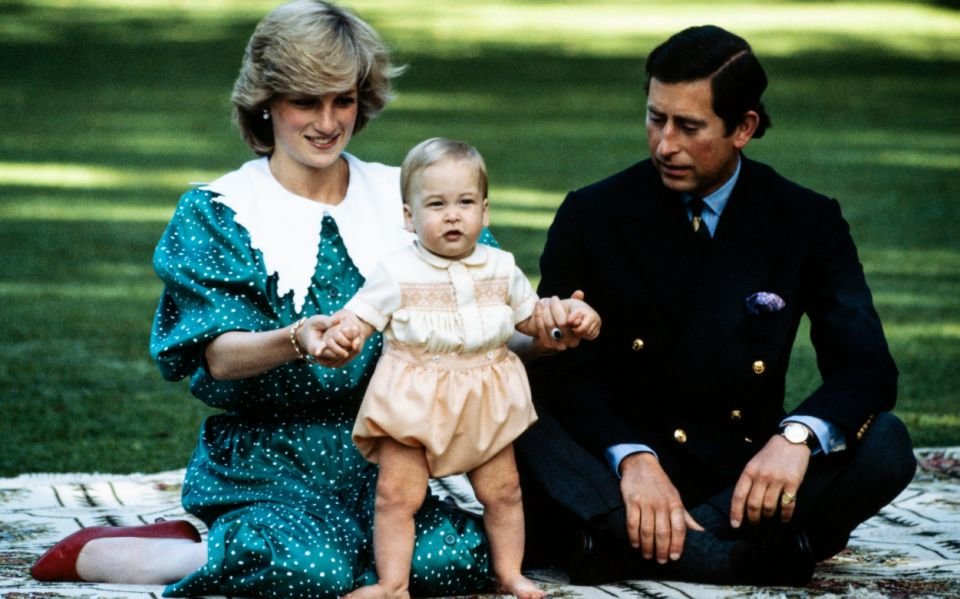
Yet as Brown points out: “Diana was desperately lonely. She still wished that her marriage could have survived. She didn’t say, ‘I’m so happy to be divorced’, she said, ‘I think we would have made a great team’.”
It cannot have helped that thanks to what Brown describes as the princess’s “disastrous taste in men”, she had not managed to make a success of any subsequent relationship, scaring off the likes of heart surgeon Hasnat Khan with her “possessive” behaviour”. She embarked on an affair with Brown’s millionaire friend Teddy Forstmann, who described her as “the loneliest person he’d ever met”.
“She’d call him over Christmas Day, at times when everybody else was doing things and she would tell him how lonely she was. Like everybody she got involved with, he found her just terribly demanding and needy and no one could assuage that need.”
Even those who didn’t mind the press intrusion, like Dodi Fayed, couldn’t protect her because they were publicity hounds who “were tipping off the papers” says Brown, speaking for the first time following the recent death of her husband of 39 years, Harold Evans, the former editor of The Sunday Times. “It’s been a pretty rough month or two but I’ve tried to move forward and try to do my work,” she admits, revealing that she is writing a second installment of her Diana Chronicles, called The Palace Papers, chronicling life 20 years on from the Princess’s death.
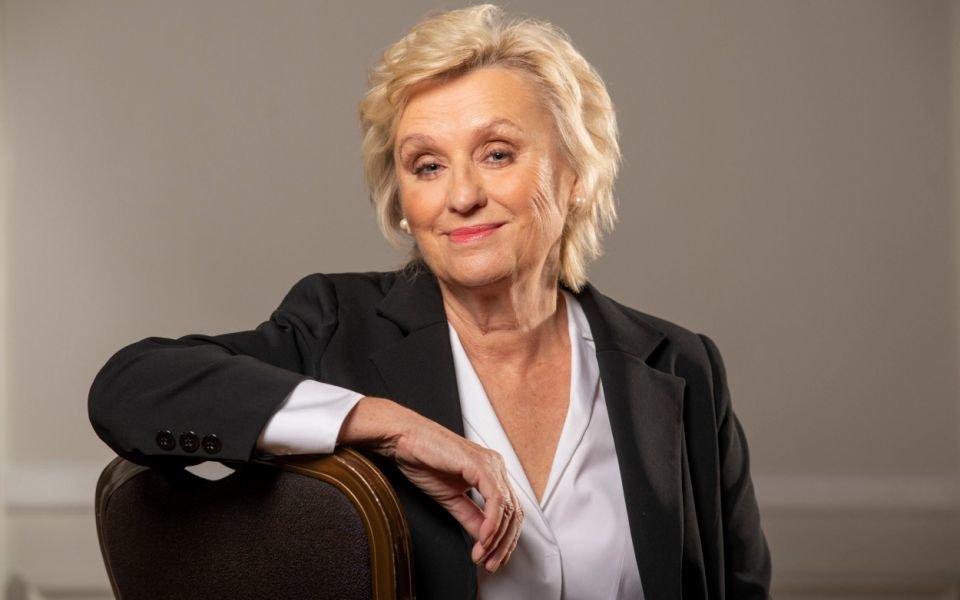
There was certainly no denying Diana’s determination to make a difference when she met Brown for lunch. Not unlike Harry and Meghan now, she confided that she planned to make a series of documentaries about the causes closest to her heart and had discussed with Tony Blair, then Prime Minister, the idea of taking on an ambassadorial role for the UK.
“She was a woman very much on the cusp of trying to reinvent herself in a serious way. People change. She was a child when she got married but at this point she knew what she wanted. What she realised was, with her celebrity she could actually be a seriously impactful person.”
Brown says, however, that Diana was a little “delusional” about what she could achieve. “She said at one point that she thought she could be helpful in solving the Irish peace process. I thought, ‘She’s really got the goddess complex’. But nonetheless, her heart really was in her desire to be the kind of the female Nelson Mandela in the world.”
Diana’s complicated psychology has long fascinated royal watchers and Brown puts her allure down to her “amazing mixture of utter childlessness and guile but also incredibly self-possessed natural star quality exhibitionism”.
Pointing out that she was “practically only a child” when she married Charles, aged 19 in 1981 and immediately assumed “Britney Spears” levels of fame, she says: “How many young rock stars survive being that famous? Most of them take overdoses. She was in that category immediately of a superstar without the carapace of PR protection.
“So she’s dealing with the royal family, she’s dealing with celebrity and she’s also a very young mother. Plus all of it was made impossible by the fact Charles wasn’t in love with her.”
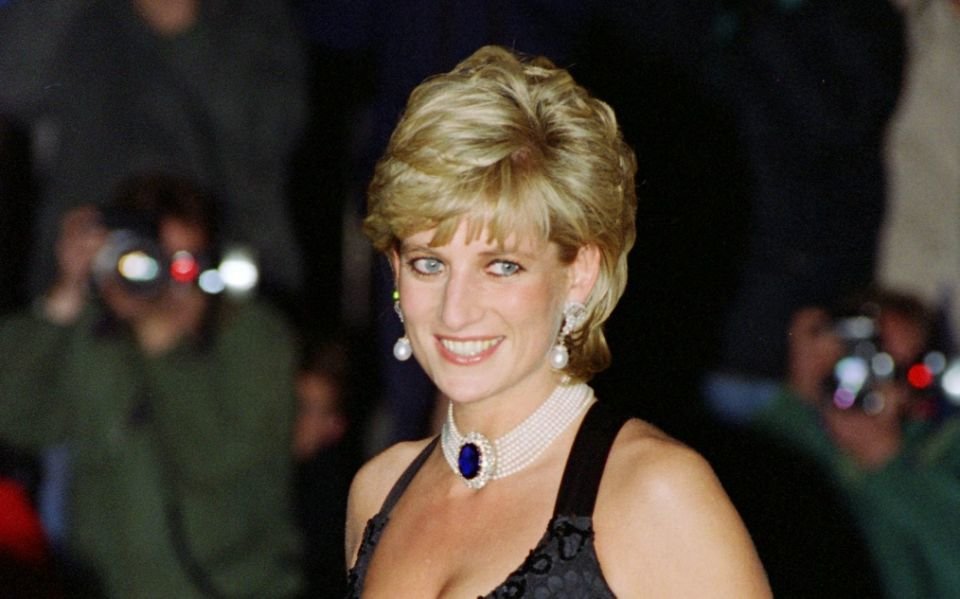
Brown believes Diana’s “extremely unhappy” childhood coupled with Charles’s rejection “left the psychological wound that destroyed her life”.
She felt rejected when her mother, Frances Shand Kydd, lost custody following her divorce from her father Johnny Spencer and was left feeling this way again when he remarried Raine, Countess of Dartmouth; he didn’t bother telling Diana, her older two sisters and brother – leaving them to find out about it in the newspapers instead.
“Diana wasn’t really parented in any sense that would give her role models of behaviour,” reflects Brown. “She was both spoiled and neglected, the worst possible combination for character building.”
Desperate for the love she missed out on as a child, she was the last to know, as she walked down the aisle at St Paul’s Cathedral in her billowing ivory taffeta wedding dress, that she was entering “an arranged marriage”.
“She had this pathological terror of being left because of her mother,” says Brown. “One of the great appeals of marrying Charles was she thought there was no likelihood that he would ever leave her. He was forever, for keeps, happily ever after. So, when that turned out to be a fantasy, that really destabilised her.”
Ironically for a woman who felt “hounded” by the media, celebrity proved to be her salvation. “The Crown, which I think is absolutely superb, does miss one characteristic that Diana always had, which was guile. Diana was all guile.”
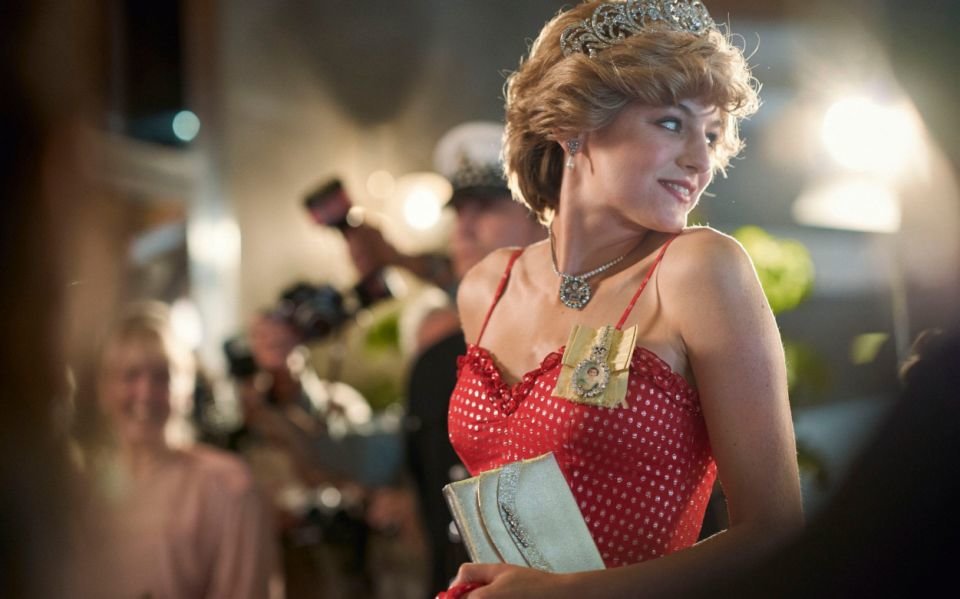
Reflecting on how gutsy it was for the princess to dance with Wayne Sleep to Billy Joel’s Uptown Girl at the Royal Opera House in 1985, Brown asks: “Can you honestly imagine Kate doing that, or even Meghan? She had a mixture of understanding that she had a unique starpower and natural magnetism which was something that evolved. She came to love that. She did enjoy her fame more than people think, actually. Having the public love you, when your husband doesn’t, it’s something of a panacea. The more he spurned her, the more she sought public approbation.”
Far from being a constant victim of the press, Brown, who became editor of Vanity Fair at the age of 25, insists Diana “knew how to play them brilliantly”.
Her upstaging of Charles naturally angered a man who had grown used to being centre of attention as the heir to the throne.
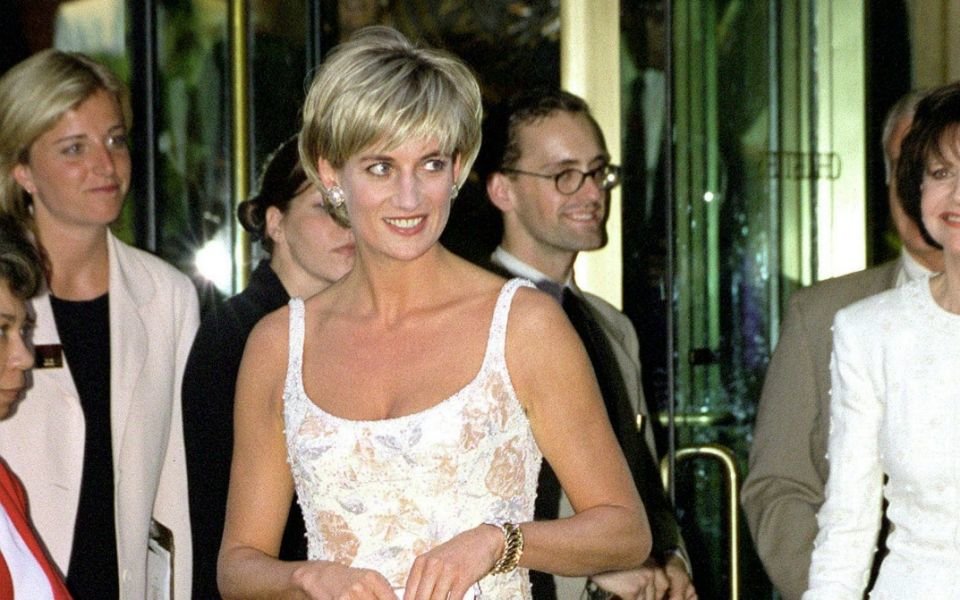
“I found her very, very impressive,” admits Brown. “For a start she was fantastically more beautiful in person than she ever was in her pictures. One of the things you don’t really get from pictures is just how tall she was. She was ravishing, actually.”
She was also the perfect princess for a brave new world. “That era was on the cusp of the old and the new,” recalls Brown. “After Diana, it never became important again that the girl that the prince would marry would have to be a virgin. They were just at the end of that terribly antiquated view. We’d come out of the Callaghan years, the three day week, the winter of discontent and England was very depressed. Mrs Thatcher’s first couple of years were out of misery. I do think the Palace thought, thank God, we’ve really got something here that’s about the future.”
Perhaps the biggest tragedy of all is that the Palace never quite appreciated Diana’s value as the jewel in the crown.
The Diana Chronicles by Tina Brown (Arrow). Buy now for £8.99 at books.telegraph.co.uk or call 0844 871 1514
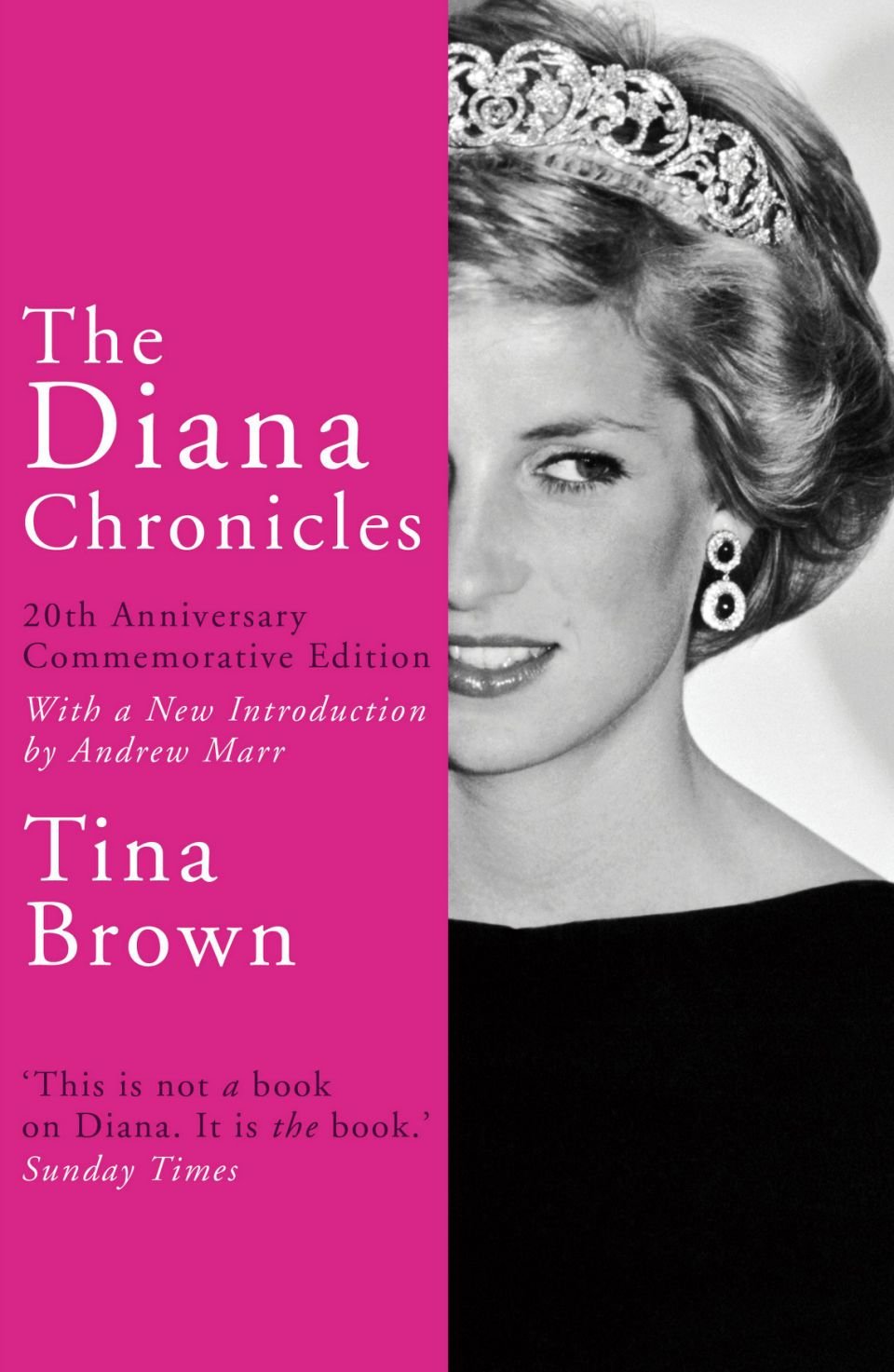
The Diana Chronicles










